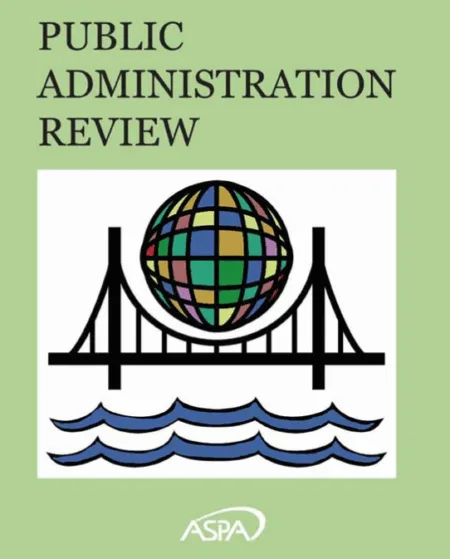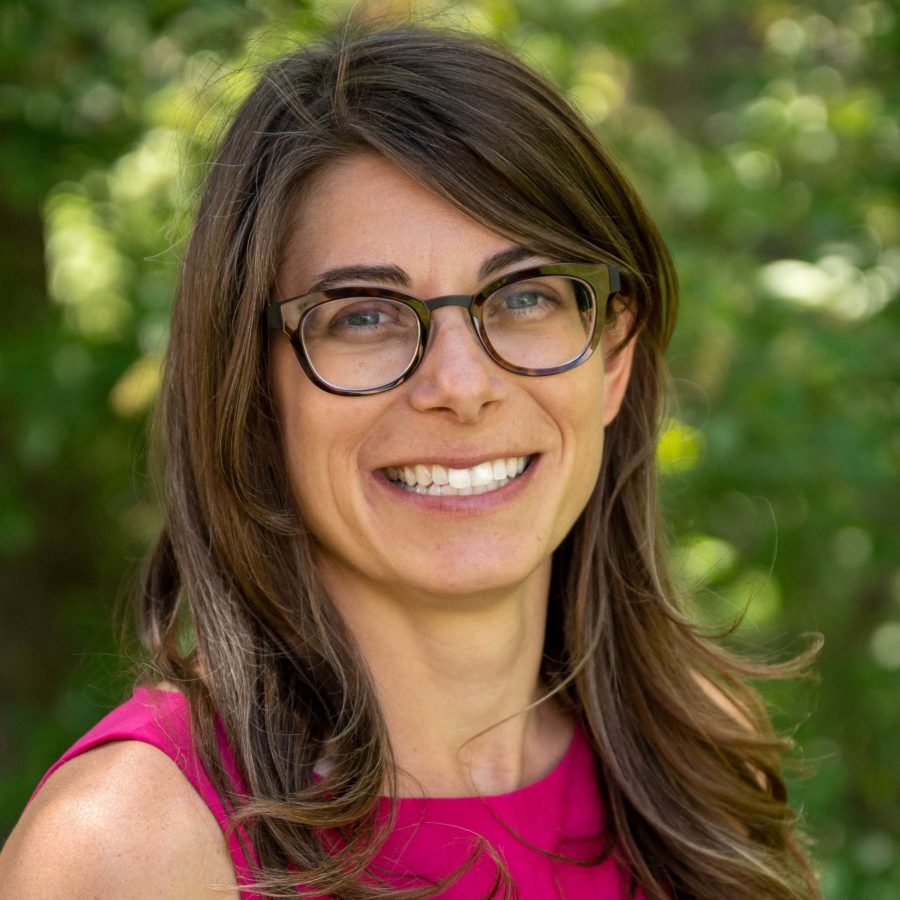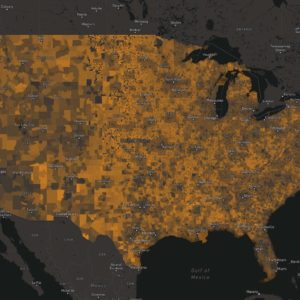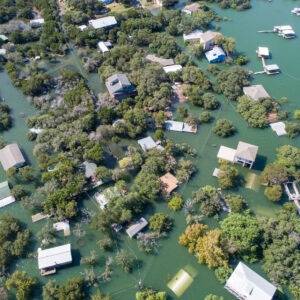
The Rural Capacity Index provides scholars, practitioners, and policymakers a practical tool to identify and respond to disparities in local government capacity that constrain rural disaster resilience efforts.

Dr. Kristin Smith (Kris) is passionate about working on the ground with communities and conducting research to inform policy. From her doctoral research to her nonprofit experience, Kris’ work addresses the root causes of challenges faced by rural communities. Kris is known at Headwaters Economics for her skills in partnership building, her drive to understand issues deeply, and her enthusiasm for sharing knowledge.
As part of Headwaters Economics’ FloodWise Community Assistance team, Kris works with local government staff and elected officials, state and federal agency personnel, engineers, and other technical experts to help communities reduce flood risk. Community partners look to Kris for help navigating technical hurdles, connecting people, and promoting solutions that balance community goals.
Kris has also made significant research contributions on the topic of energy development. Her work on the social impacts of energy development has been quoted in publications in Colorado, Wyoming, Montana, and Texas and published in the Journal of Rural and Community Development, Energy Research & Social Science, and other peer-reviewed journals.
Kris serves as a technical contributor to the Northern Great Plains Chapter of the National Climate Assessment and is a review panelist for the USDA AFRI Rural and Economic Development program and the NOAA Regional Integrated Sciences and Assessments program. She regularly presents her work on topics related to rural opportunities and challenges, equity and funding, and the fiscal dimensions of climate adaptation and the energy transition.
Kris grew up in a small town in southeastern Missouri and is committed to conducting and translating research into practical strategies to help rural communities thrive. Her academic degrees in community development, applied economics, and geography have provided a foundation for her work on many aspects of rural development. From strengthening agriculture and food systems to leveraging revenue from energy development to creating resilience in the face of climate-driven hazards, the common thread is Kris’ steadfast commitment to helping communities build on their strengths for long-term success.
Kris Smith joined Headwaters Economics staff on May 1st. As a program manager, Kris will lead community engagement related to flood mitigation and contribute to research on public finance and fiscal policy.

A new map helps identify communities where investments in staffing and expertise are needed to support infrastructure and climate resilience projects.

Headwaters Economics and the Hispanic Access Foundation have released a report that shows that 44% of Latinos live in counties with high flood risk, as opposed to 35% of non-Latinos.

Amenity communities face unique challenges from waves of tourists and new residents. Proactive planning can help avoid being loved to death.

“Programs like BRIC really help us avoid these ballooning disaster costs that we’ve seen, by simply being more proactive,” says Kristin Smith, a researcher who studies disaster funding at Headwaters Economics, a think tank that studies development and land management decisions. “We pay a little now or a lot tomorrow.”

“They might be economically disadvantaged, where these disasters can just instigate downward spirals,” said Kristin Smith, a researcher and policy analyst at Headwaters Economics. She said climate change is also causing more smaller disasters that aren’t large enough to warrant federal funding.

In May of 2023, GIS instructor and analyst at Montana State University’s Geospacial Core Facility Jackson Rose and Headwaters Economics’ Kristin Smith traveled to Glendive in order to collect light detection and ranging (LiDAR) data along a 1.24-mile span of the east Yellowstone River.